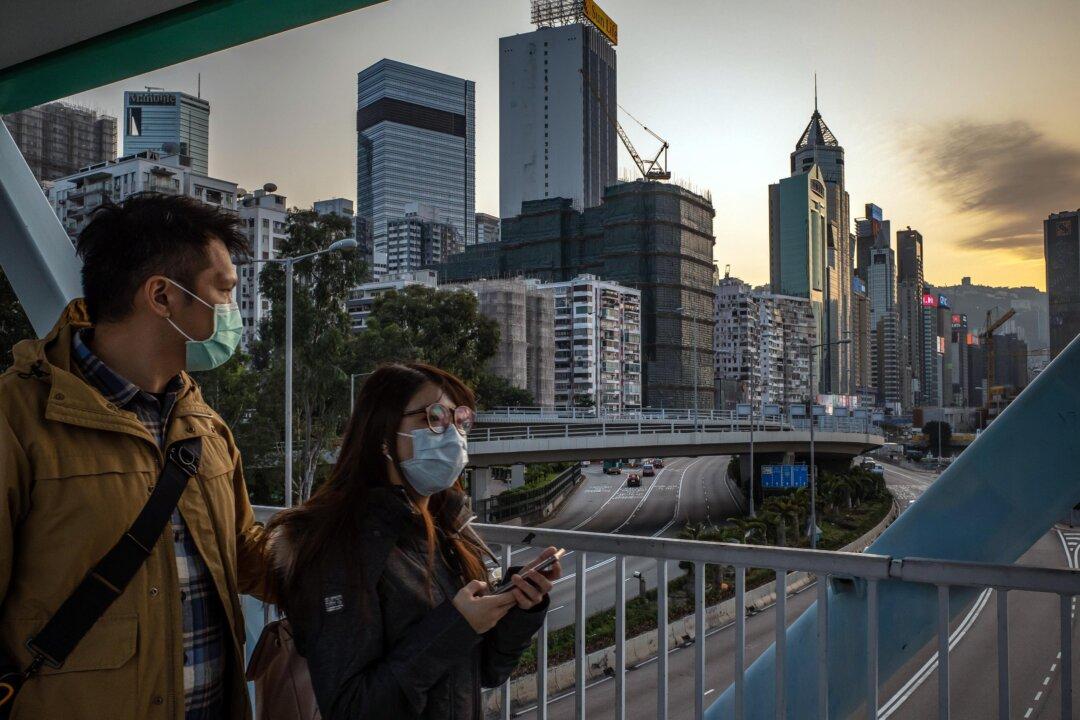Commentary
A lot of things are going wrong on this planet, and a lot of those problems are made in China. The deadly coronavirus is being linked to “wet markets” that traffic in wildlife. Not only have these markets enabled the virus to pass from animals to humans but they have also contributed to the decimation of the world’s wildlife.





